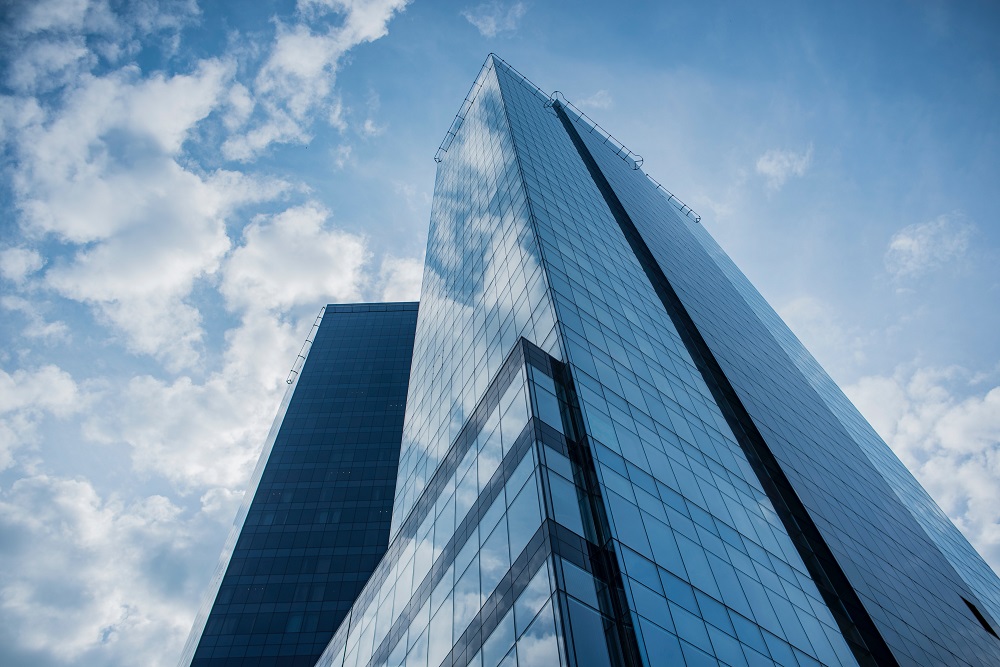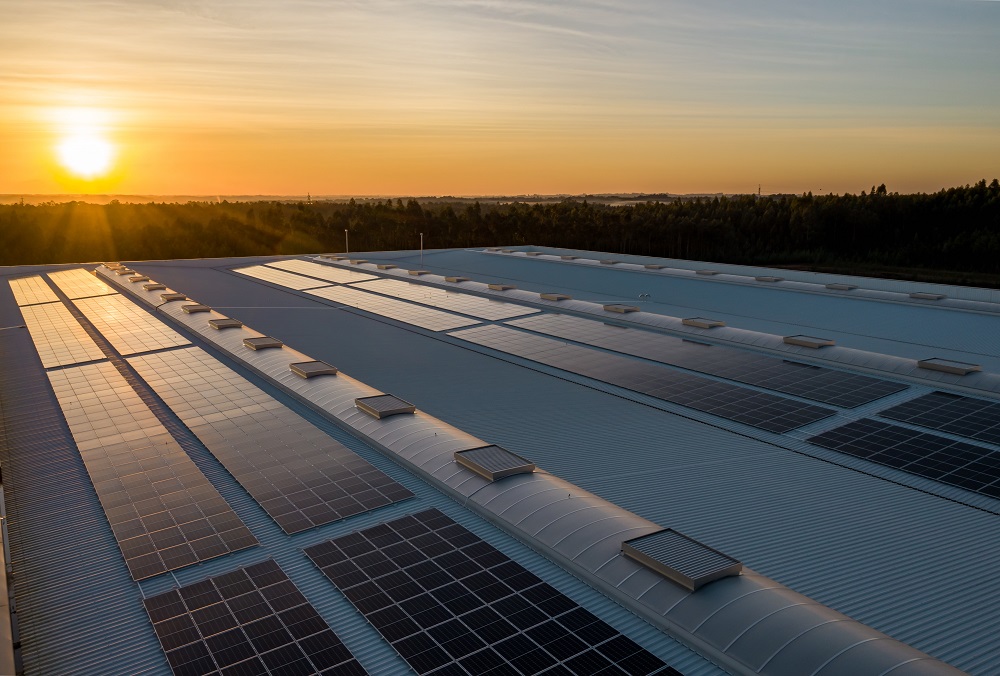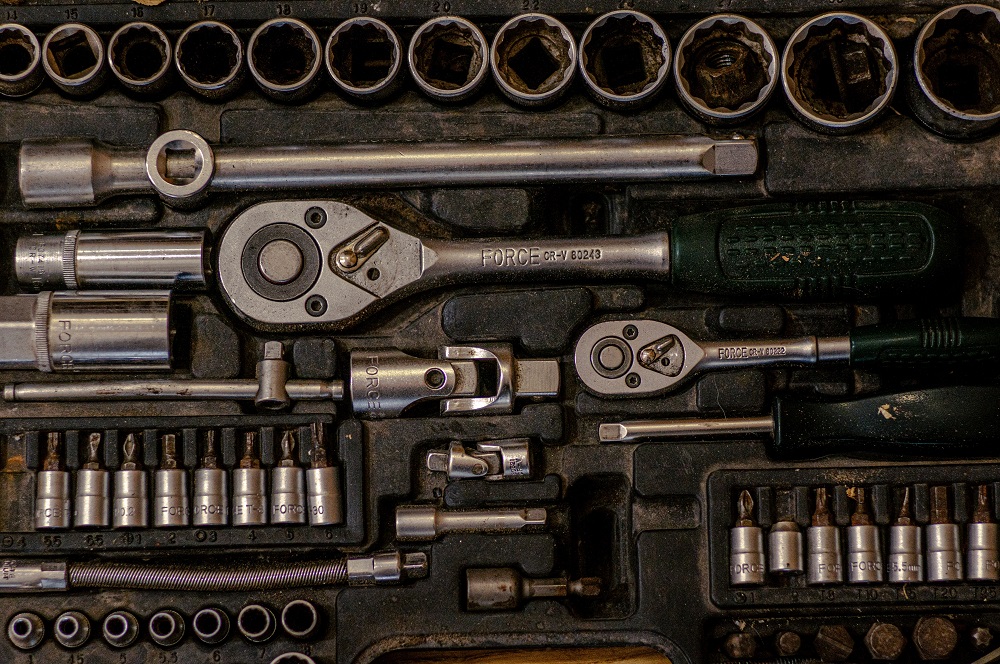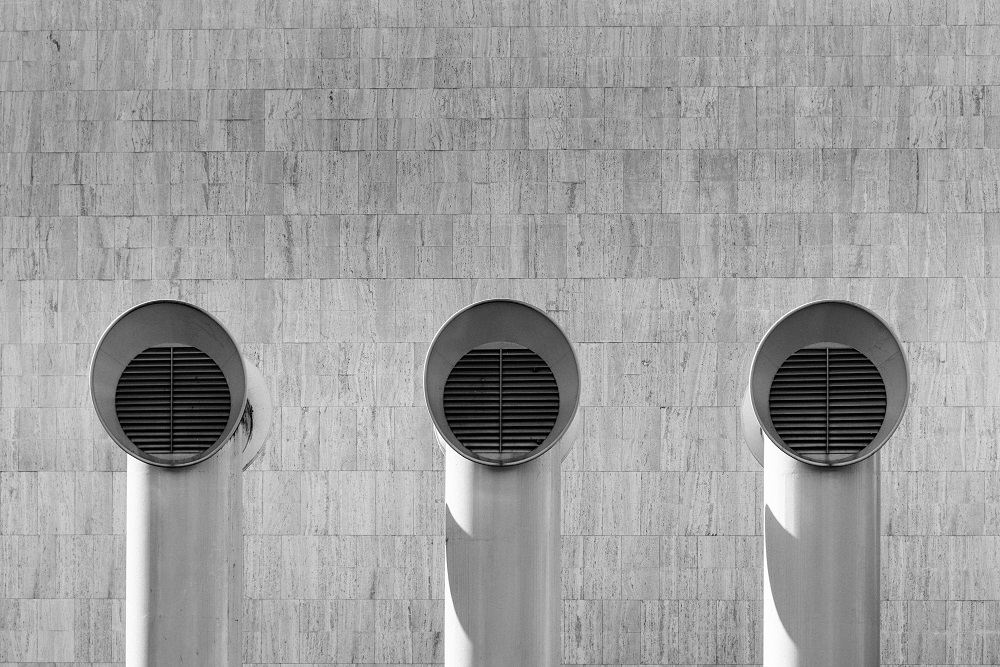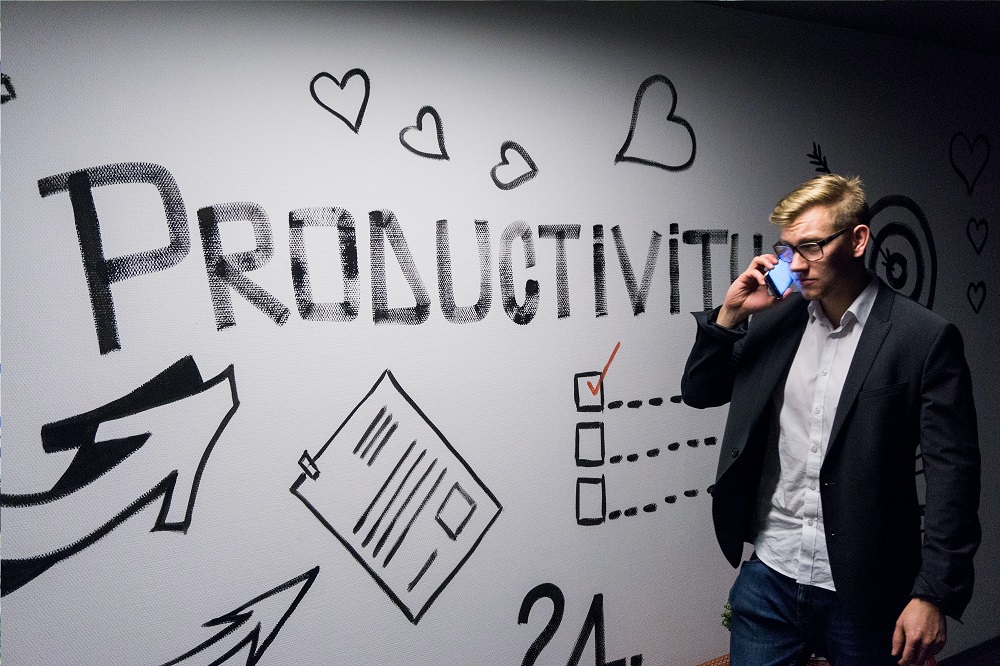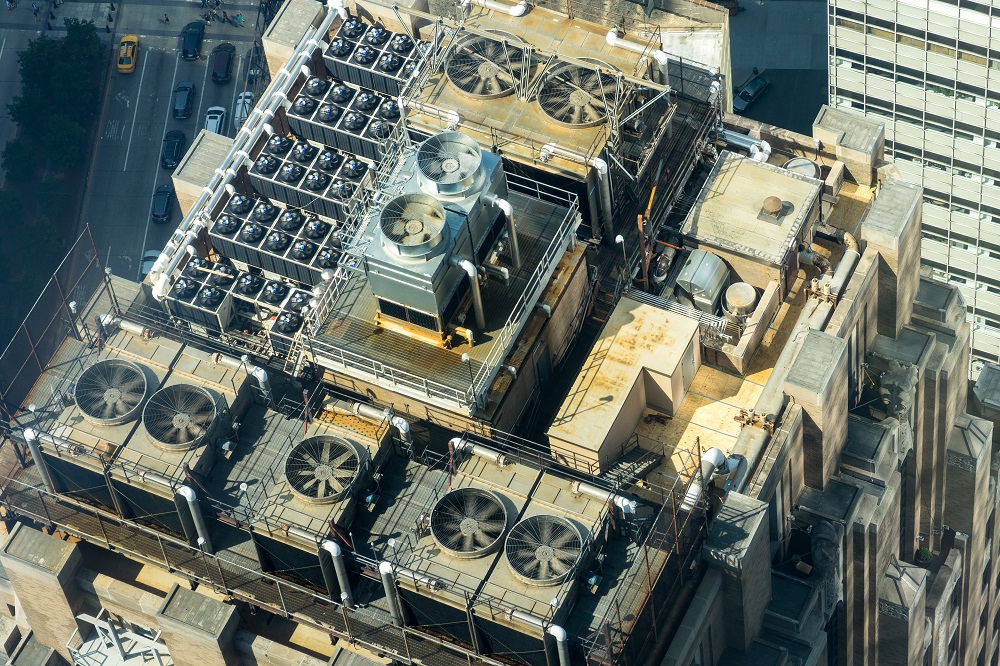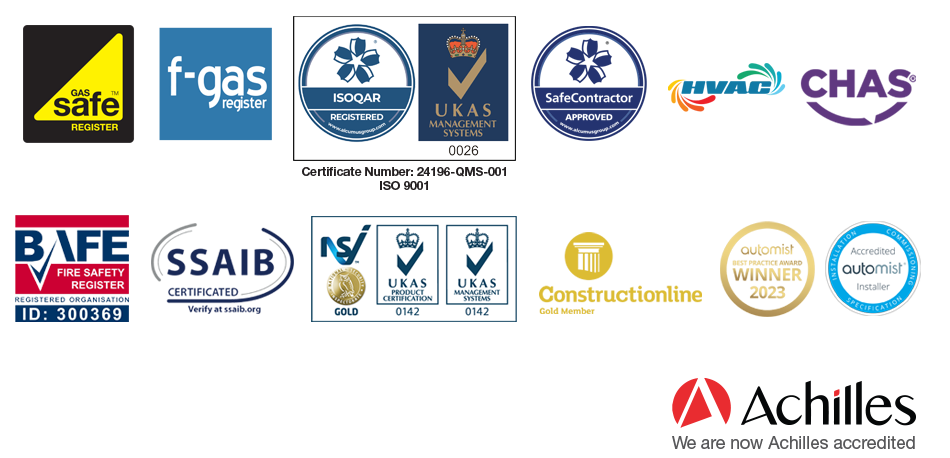When you think of a smart building, what do you see? Do you see your home with a smart thermostat, maybe a home control system that allows you to put the kettle on when you’re still in the car? It’s true that these are all smart technologies, designed to help make life a little easier for you at home or at work.
But systems, the IoT (Internet of Things) and environmental technology have evolved much further than that, allowing us to create buildings that are designed around the technology, allowing every system to be coordinated and in sync. So today we’re going to take a look at what’s considered the pinnacle of smart building design – The Edge in Amsterdam – and what makes it so unique.
Introducing The Edge
The Edge is located in the financial district of Zuidas in Amsterdam. Completed in 2015, it’s 40,000 sq-meters, 15 stories high, and has been given the prominent title of the ‘smartest and most sustainable’ office building in the world. It’s owned and managed by Deloitte, and was commissioned to bring all of their Amsterdam staff into one building that was perfectly suited to their needs. To create it, they commissioned PLP Architecture, a London based firm famous for creating sustainable, human-centric environments for businesses.
Sustainability At Every Step
Before we get onto what makes The Edge the ideal smart building, we also wanted to touch on its unique approach to environmental efficiency. Because it was designed and built with technology and sustainability in mind, the building itself is a remarkable example of what can be achieved when suitability is put at the heart of design.
- The Edge was built and shaped to make maximum use of the sunlight throughout the year. The windows give the office spaces the best use of daylight, while an integrated 6,00 sq. meter solar array on its south absorbs excess solar radiation and provides all the energy needed to run the building.
- It was built over an aquifer, which the buildings heat pump systems use to draw thermal energy and manage the heating and cooling of the building.
- The entire building is fitted with 6,500 low-emission LED lights, with motion sensors to ensure light is only provided when the building is occupied. This detail alone saves the building upwards of $100,000 a year in energy costs.
- All the flooring is made from rapidly renewable and recycled concrete.
- Relocatable walls are fitted on 14 of its 15 floors, giving workers power over their own space, meeting the highest standard of acoustic performance and made from durable and responsible sourced materials.
These decisions were not made in passing, or lightly Each detail of the building was carefully considered to ensure maximum sustainability and minimum environmental impact. Thanks to this attention to design The Edge has achieved a huge number of sustainability targets and even won awards – while showcasing that sustainable design is both possible and profitable.
Smart Tech Bringing It All Together
The sustainability achievements of The Edge are quite remarkable, but what sets it apart as the cornerstone of modern design is its integration of smart technologies. You see, Deloitte wanted to create a building that would serve their needs, save money and ultimately make them more efficient. To that end, the whole building is connected via the Internet of Things, enabling all systems to be controlled and monitored at all times. A few examples of smart technology within The Edge include:
- Nearly 30,000 IoT sensors throughout the building, all collecting anonymous data about everything going on inside. From heating and cooling systems to lighting, room occupancy and even coffee machines – that data is being collected and used to improve functionality at all times.
- Sensors are installed within the heat pump systems to track both water usage as well as local climate conditions.
- Machine learning algorithms are constantly working to optimise the energy consumption of the building, as well as user comfort and profitability.
- The building uses 30% of the energy a conventional office building of the same size does.
- Lighting, temperature, CO2 levels and humidity are all monitored and adjusted to ensure optimum comfort for the people inside.
- The IoT system includes a bespoke app, allowing employees to find parking spaces, open desks, report issues to facilities management and see their own energy consumption within the building – all from their own phone.
All of this means that The Edge is more than just a building – it’s a living, learning organism that’s been designed to adapt to the way people use buildings, all while keep efficiency high and costs low. The Edge is one-of-a-kind, but it’s our hope that it won’t be for long. It’s a proof of concept, showing that smart and sustainable buildings can make a huge difference to the environment, to employee productivity and business profitably, and we hope more businesses will follow suit. At Bonus Eventus Maintenance, we are always looking for ways to reduce the environmental impact of the buildings we work in, and will always recommend eco-friendly solutions like heat pumps where possible. If you would like to know more about creating a sustainable building, just get in touch with one of our team today.
